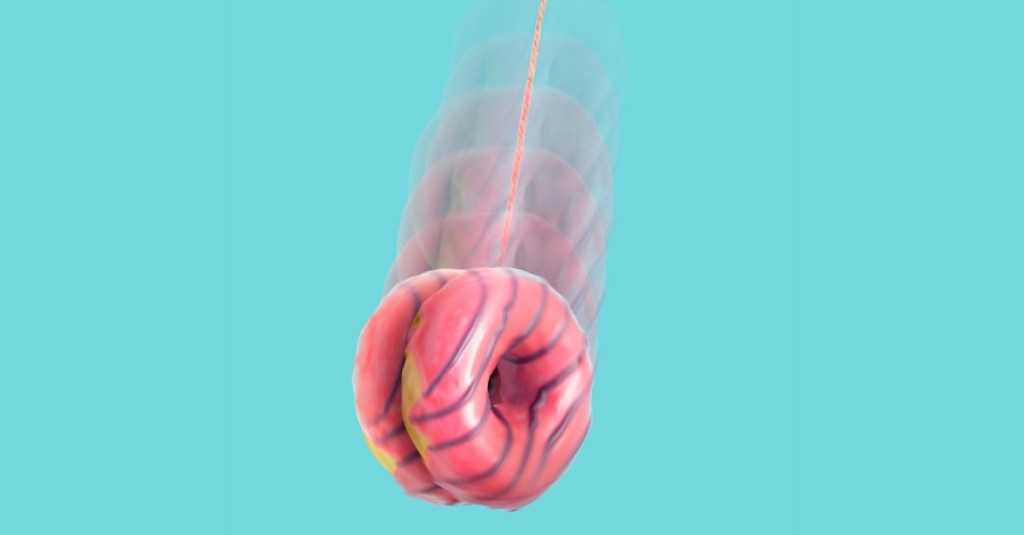URGENT UPDATE: A groundbreaking study from researchers at the University of Rennes and Paris-Saclay University has just revealed that fad diets may be rewiring your brain and gut microbiome, leading to intense cravings for junk food. This alarming finding comes from a study published in the journal Advanced Science, which closely examined the effects of extreme dieting on mice.
In this study, mice were subjected to a simulated Western diet, alternating between weeks of healthy foods like salads and smoothies, followed by weekends of indulgent, high-calorie meals such as pizzas and fried chicken. The researchers observed that once given access to junk food, the mice exhibited a dramatic increase in binge-eating behavior. But there’s more: even mice that did not experience the yo-yo dieting but received gut bacteria from the binge-eating group began overeating junk food.
This suggests that the changes induced by trendy diets and juice cleanses can have profound effects on our gut microbiome, thereby influencing our cravings for unhealthy foods. According to the researchers, these shifts may lead to eating for pleasure rather than hunger, as mice were observed consuming food purely for the pleasurable responses triggered by high-fat treats.
Why does this matter NOW? As countless individuals engage in fad diets, the findings raise critical questions about long-term health consequences. The study indicates that extreme dietary swings might be too much for our gut bacteria to handle, potentially leading to a vicious cycle of unhealthy eating patterns. This could explain why many people revert to unhealthy habits after attempting to follow restrictive diets.
While the research is currently limited to animal models, experts emphasize the need for further studies to determine if these effects translate to humans. The implications are significant: if confirmed, this could change how we approach weight management and dietary habits altogether.
As the quest for healthier lifestyles continues, researchers advocate for more sustainable and realistic dietary changes rather than extreme diets. The findings highlight the urgent need for a balanced approach to eating that respects both our gut health and cravings.
What’s next? As more studies are conducted, health professionals and dieticians will likely reassess recommendations regarding fad diets. Those seeking to lose weight or improve their health should consider gradual, manageable dietary shifts rather than drastic changes that could disrupt their biological systems.
Stay tuned for updates on this developing story as further research is anticipated to shed more light on the complex relationship between diet, gut health, and our cravings.







































































